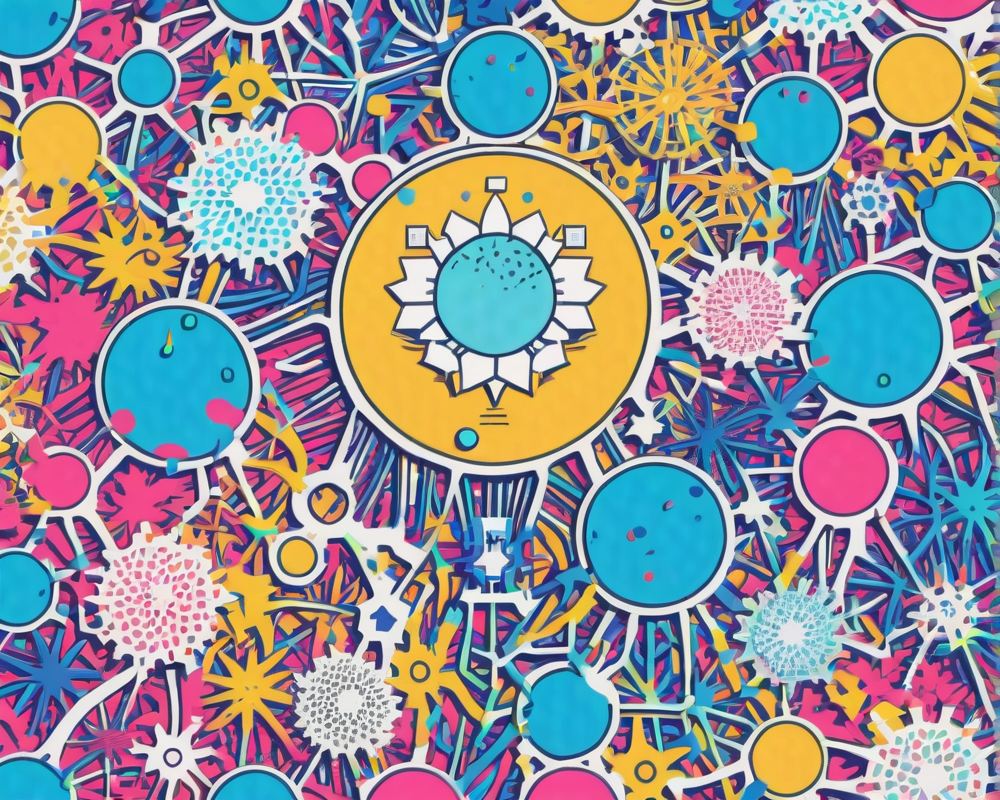Opening the Gates for Democratic AI Governance
In a groundbreaking move, OpenAI has taken a significant step toward engaging communities in shaping the norms governing AI development. With plans to distribute ten grants of $100,000 each, the initiative aims to explore a democratic approach to establish rules for artificial intelligence systems. It’s like a talent show, but instead of singing or juggling, the participants aim to juggle the ethics of AI.
The Pursuit of Democratic AI Rules
On May 25, OpenAI disclosed its intentions to fund experiments that will serve as a ‘proof-of-concept’ for a more democratic method of AI rule-setting. This includes establishing guidelines that fall within legal boundaries and ultimately benefit humanity—an ideal that sounds simple, but the devil, as they say, is in the details. The core idea is built on the premise that no single individual, company, or nation should wield unilateral power over AI decision-making.
Real-Life Experimentation
The delightful part about these grants? They can drive brainstorming sessions harder than your average coffee shop—a safe space for experts to watch the magic of democracy unfold. OpenAI posits exploratory questions such as, “How should we represent conflicting perspectives in AI outputs?” It’s a bit like asking how to manage a family dinner table discussion on politics without it descending into chaos.
Future of AI Governance: Not Binding, But Insightful
OpenAI has clarified that the experiments funded by the grants will not impose binding regulations. Instead, the results will be free to access and will serve as a starting point for a more extensive, worldwide initiative in AI governance. They’ll be like inspirational quotes from your favorite social media influencers—meant for thought, not necessarily enforceable.
Industry Context: Navigating Regulations
This announcement arrives amid increasing calls from governments around the globe to regulate general-purpose AI systems. OpenAI’s CEO, Sam Altman, has been a busy bee, meeting with regulators across Europe to advocate for flexible and innovative regulations rather than stifling constraints. After all, we all want AI that serves us, not an overlord that resembles a sci-fi villain.
Building a Cautious Future
As the AI landscape continues to evolve, this initiative represents OpenAI’s view that the technology requires more nuanced and adaptive guidelines. The stakes are high; as the company has pointed out, a superhuman AI could become a reality within the next decade if development isn’t handled with care. It’s a clear call to arms for developers to ensure they don’t trip over their own ethics while trying to reach the stars.
Conclusion: AI Needs You!
If you’re passionate about shaping the future of AI governance and enjoy a good democratic process, keep your eyes peeled for these exciting experiments. OpenAI’s approach might just pave the way for a responsible, community-driven future that serves humanity—not AI.




